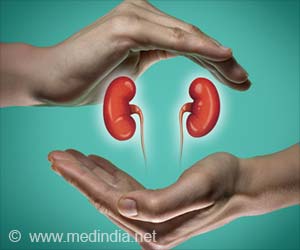Let us turn loneliness into peaceful solitude and build private strength.
- Loneliness is a common human experience influenced by various factors such as life events, loss, and isolation
- Managing loneliness involves developing skills to cope with emotions, including engaging in activities, reaching out to others, and fostering a connection with oneself
- Loneliness has a significant impact on both mental and physical health, and seeking support from professionals or establishing meaningful relationships can help alleviate feelings of loneliness
When Loneliness Strikes, How do you Typically Respond?
There are various approaches people employ to alleviate loneliness. One way to deal with being alone is to view it as an opportunity for personal growth. For instance, you can engage in activities such as playing or listening to music, writing, working or studying, exercising, going for walks, pursuing hobbies, or reading. Becoming comfortable in your own company takes time, but it is attainable.Consider it as being with yourself rather than without someone else. Be patient and avoid expecting instant blissful contentment.
The irony of loneliness and companionship is that friendships often arise when we least anticipate them. True companionship is discovered when we take action and reach out to others. Dedicate yourself to activities, hobbies, or projects that genuinely interest you.
By doing so, you will find yourself in the company of like-minded individuals. Participating actively in volunteer work, social groups, or organizations aligned with your interests is one of the most effective ways to combat loneliness.
When feeling lonely, it's common to distract ourselves with activities like shopping, going for drives, taking walks, or pampering ourselves, such as buying new clothes or getting a new hairstyle. While these activities can provide temporary relief, it's crucial to avoid excessive indulgence in them.
Finding Solidarity by Building Bridges in the Loneliness Era: The Three-Step Guide
Loneliness affects more people than obesity, and its impact on health is devastating. Here are three steps that may help those who are receptive to new ideas.Acknowledging Loneliness
: It's important to acknowledge that most people experience loneliness at some point in their lives, particularly after the loss of a loved one, separation due to work or divorce, or other similar circumstances (1✔ ✔Trusted SourceGrief and mourning gone awry: pathway and course of complicated grief
Go to source).
Authentic Relationships
: When we establish an authentic relationship with just one out of the 8 billion humans on this planet, wherein we can be vulnerable and freely share, a transformative shift can occur (2✔ ✔Trusted SourceThe world population explosion: causes, backgrounds and -projections for the future
Go to source).
During periods of loneliness, if we are conscious of our ability to reach out to that one person, we magically feel connected - still alone but no longer lonely.
Physical Presence
: It is not necessary to meet someone physically once a connection has been established. Through a few messages and a heartfelt conversation with another person, we experience the magic of reconnecting with our deeper selves, encompassing both individuals involved.References:
- Grief and mourning gone awry: pathway and course of complicated grief - (https://www.ncbi.nlm.nih.gov/pmc/articles/PMC3384440/)
- The world population explosion: causes, backgrounds and -projections for the future - (https://pubmed.ncbi.nlm.nih.gov/24753956/)
Source-Medindia












